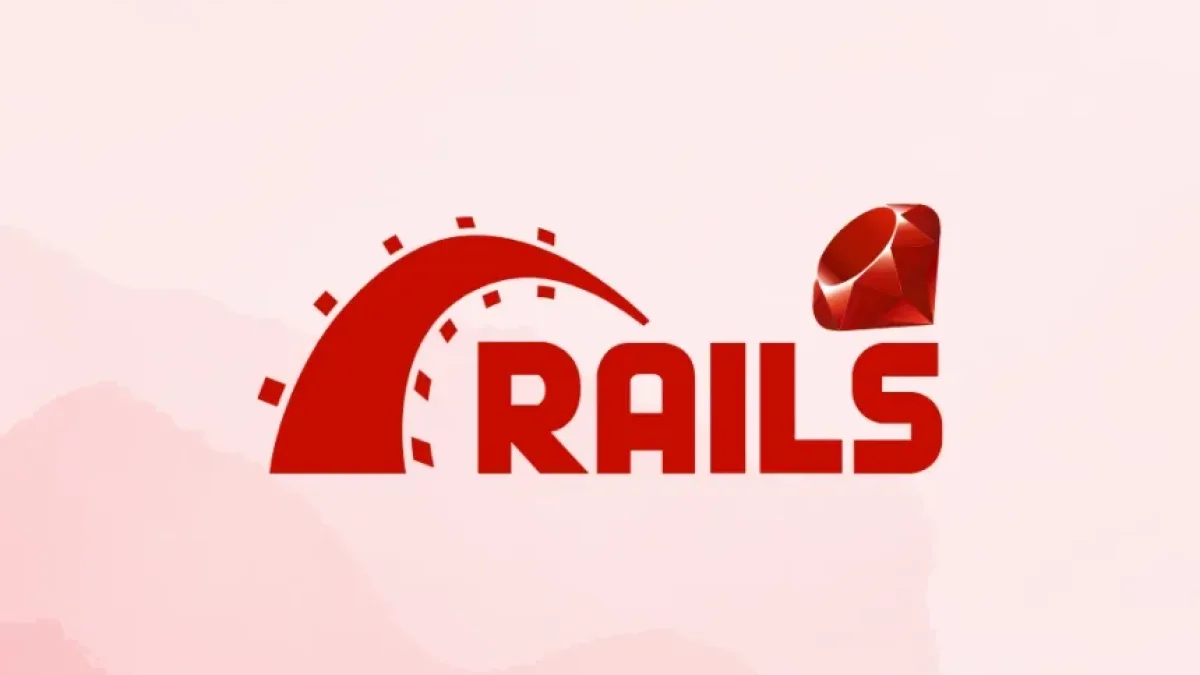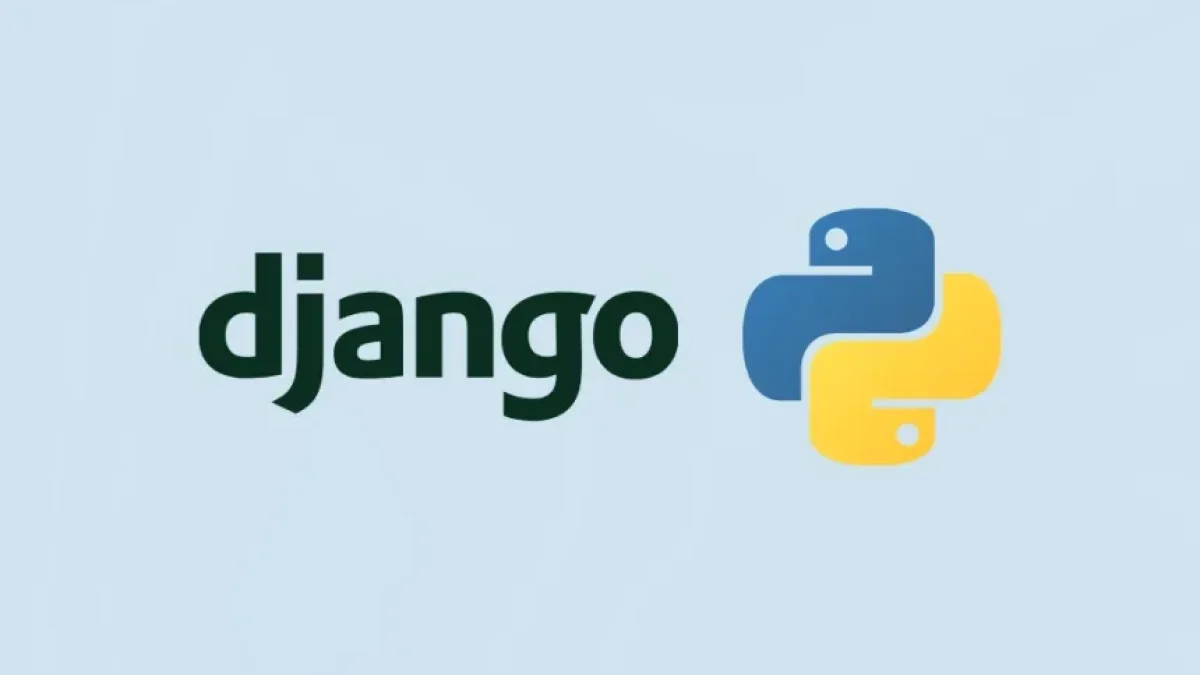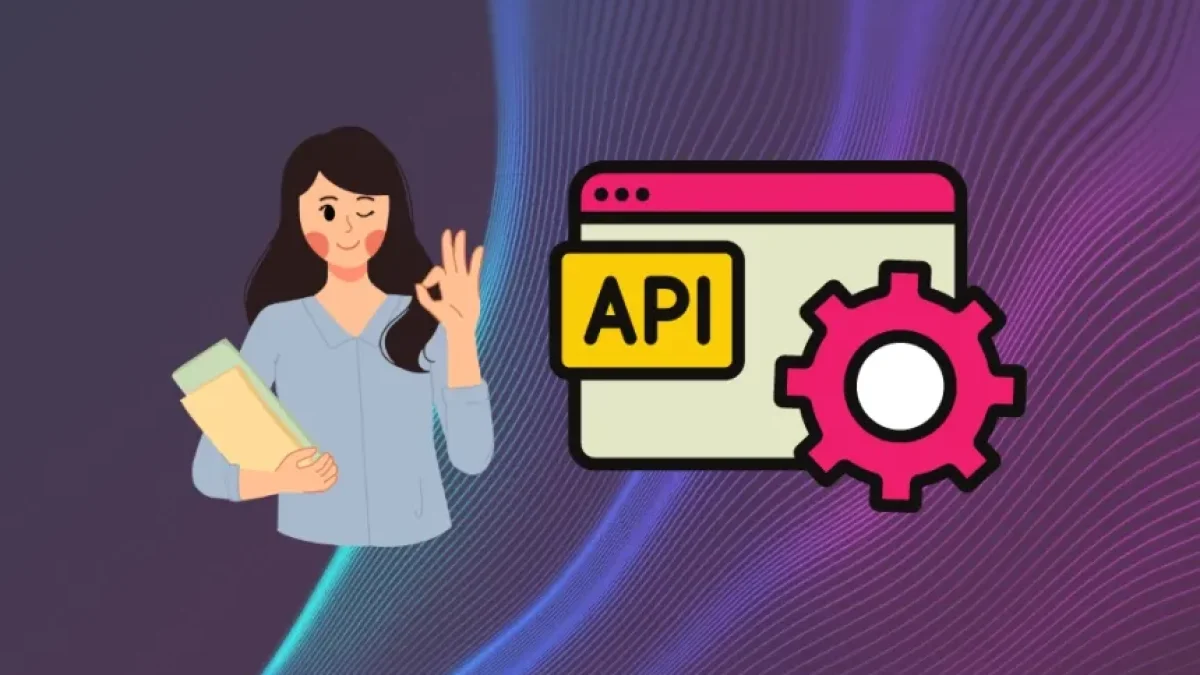What is Ruby on Rails and What Can I Do with It?


Ruby on Rails, often simply referred to as "Rails," is an open-source web development framework written in the Ruby programming language. Since its launch in 2004 by David Heinemeier Hansson, Rails has transformed the way developers build web applications, providing a structure and conventions that allow for rapid and efficient development. If you are interested in web development or planning to create an application, it is crucial to understand what Ruby on Rails is and what you can do with it.
History of Ruby on Rails
Ruby on Rails originated as a personal project by David Heinemeier Hansson, aimed at simplifying the web development process. Over the years, it has evolved into one of the most popular frameworks in the world. Rails is based on the principle of "Convention over Configuration," which means it provides default decisions that allow developers to focus on application logic rather than configuration.
Key Features of Ruby on Rails
1. Convention over Configuration
Rails prioritizes conventions over complex configuration, making life easier for developers. By following established guidelines, developers can work more efficiently and reduce the time spent making configuration decisions.
2. Agile Development
Ruby on Rails is designed to facilitate agile development. It offers a range of tools that streamline the process of creating and maintaining web applications, enabling development teams to launch products quickly and make frequent iterations.
Read also
3. Integrated Tools
Rails comes with a number of integrated tools that simplify common tasks in web development. For example, Active Record is the Rails component that allows easy interaction with databases, making data manipulation more intuitive.
4. Active Community
The Ruby on Rails community is vibrant and active, meaning developers can easily find support, tutorials, and gems (additional libraries) that extend the functionality of the framework.
What Can I Do with Ruby on Rails?
Ruby on Rails is a versatile option for web development. Here are some of the applications and projects you can create using Rails:
1. Complex Web Applications
Rails enables the creation of large-scale web applications that can handle concurrent users, complex databases, and intricate business logic. Examples include e-commerce platforms, social networks, and dynamic content sites.
2. RESTful APIs
Ruby on Rails is ideal for building RESTful APIs that facilitate communication between different applications. This is essential for creating mobile applications or integrations with other platforms.
3. Rapid Prototyping
If you have an idea for a product and want to demonstrate it quickly, Rails is perfect for creating functional prototypes in a short time. Its focus on speed and simplicity allows startups to effectively launch their Minimum Viable Product (MVP).
Advantages of Using Ruby on Rails
1. High Productivity
Thanks to its focus on conventions and integrated tools, developers can be highly productive. This translates into reduced development time and faster delivery of solutions.
2. Easy to Learn
For those new to web development, Ruby on Rails offers a smoother learning curve compared to other frameworks. Its friendly syntax and extensive documentation make it easier to learn.
3. Scalability
Rails is known for its scalability. While it may be more suitable for startups or medium-sized projects initially, many companies have found ways to successfully scale Rails applications.
Challenges of Ruby on Rails
1. Performance
Although Rails is fast and efficient for many applications, in cases of very high-load applications, its performance can be a challenge. Optimizing code and database queries is essential.
2. Frequent Updates
Rails and its ecosystem are constantly evolving. This means developers must keep up with the latest versions and updates to ensure the security and performance of their applications.
Conclusion
Ruby on Rails is a powerful and efficient framework for web application development. Its focus on convention and agility, along with an active community, makes it an excellent choice for both beginners and experienced developers. Whether you want to create a complex web application, a RESTful API, or a rapid prototype, Rails provides the necessary tools.
If you are considering venturing into the world of web development, Ruby on Rails is one of the best tools you can learn. Its ability to facilitate development and its versatility ensure that your projects are accomplished efficiently and effectively. Explore Ruby on Rails and start building your own applications today!



















